Santiago Network Project
The Santiago Network was established in 2019 in Madrid under the leadership of the 25th Conference of Parties (COP 25) Chilean Presidency to catalyse technical assistance for addressing loss and damage caused by the adverse effects of climate change, at all levels in developing countries. Over the course of the following UN climate change conferences – COP 26, COP 27 and COP 28 – its functions, financing arrangements, governance and institutional structure were agreed through complex and challenging negotiations.
We launched the Santiago Network Project shortly after the network was established and it remains our flagship project. Over these last 5 years, we have provided thought leadership, technical expertise and strategic advice, working closely with negotiators and other stakeholders to advocate for and ensure the Santiago Network becomes a trusted, responsive and innovative partner for developing countries in responding to loss and damage. This includes development of briefs, blogs and key messages for Santiago Network related key policy moments, hosting webinars and regular meetings among negotiators, advisers and technical experts and attending meetings of the Santiago Network Advisory Board and related meetings, including under the COP, CMA and their subsidiary bodies, for direct engagement in real time.
The Santiago Network is now fully operational and open for business. Its Secretariat has a head office in Geneva, Switzerland led by a Director and is in the process of establishing a presence in Africa, Asia-Pacific and Latin America and the Caribbean. Its Advisory Board has been meeting since the beginning of 2024, adopting policies and procedures. It has received 40.7 million USD in contributions and is growing its network of member organisations, bodies, networks and experts and beginning to deliver on requests for technical assistance - we celebrate our support for the government of Vanuatu to prepare its request, with it being the first country matched with technical assistance through the network.
As the Santiago Network moves to the implementation phase, the Santiago Network Project is continuing to engage proactively, evolving its outputs to ensure that the global work reaches the local level. The network’s long-term success will require continuous learning and evolution as it moves away from business-as-usual approaches, building expertise within developing countries for long-term and sustainable solutions. The Santiago Network also needs to establish its distinct identity within the evolving Loss and Damage architecture and so our work also speaks to complementarity across the work of the Warsaw International Mechanism Executive Committee and the Fund for Responding to Loss and Damage. We aim to ensure that in the end, the Santiago Network delivers on its mandate and meets the needs of developing countries and the vulnerable communities within them facing the harsh realities of climate change.
For enquiries directly related to the Santiago Network Project please contact the co-project lead: hyacinthe [@] lossanddamagecollaboration.org
Team Members
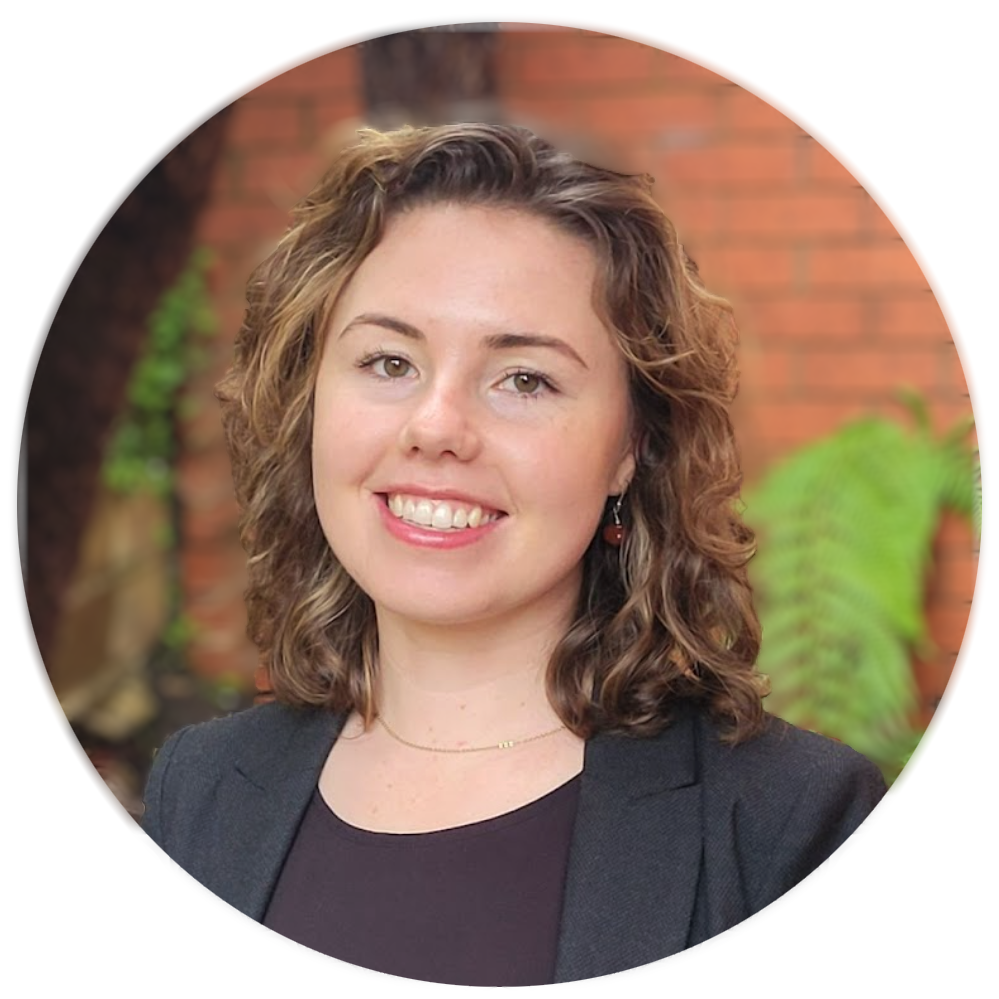
HEIDI WHITE
Heidi is an Australian lawyer, climate justice advocate and leading expert on Loss and Damage. As Santiago Network Project Co-Lead, she provides thought leadership on the Santiago Network including by writing briefs and blogs, hosting webinars and meetings among negotiators, advisers and technical experts, and providing advice on demand to key stakeholders. Heidi is passionate about a Santiago Network that delivers differently and has a meaningful and sustainable impact for countries and communities on the frontlines of climate change.

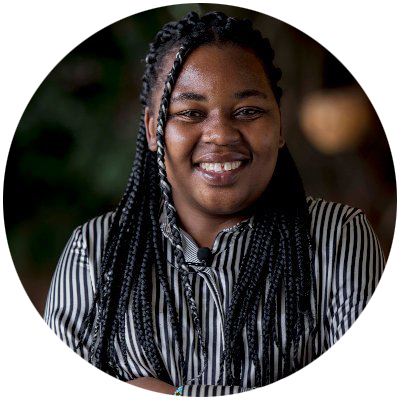
HYACINTHE NIYITEGEKA
In her role, Hyacinthe (she/her) co-leads and contributes to technical outputs, particularly on the Warsaw International Mechanism for Loss and Damage and its Santiago Network. She co-convenes regular meetings and promotes inclusive participation and engagement among project members. She also actively participates in key policy moments and events related to the Santiago Network. Hyacinthe is passionate about supporting developing countries in accessing the technical assistance they need to address climate-induced loss and damage at local, national and regional levels.

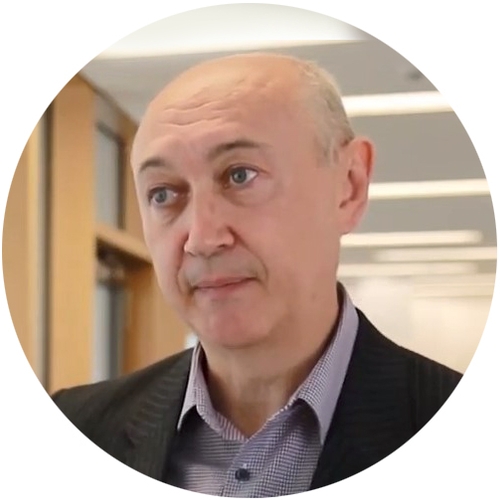
COLIN MCQUISTAN
As head of Climate and Resilience at Practical Action Colin engages in the L&DC's Santiago network project to assure that a fit for purpose Santiago Network for Loss and Damage is operationalised as soon as possible by supporting the development of briefs and background papers to support progress in the negotiations.

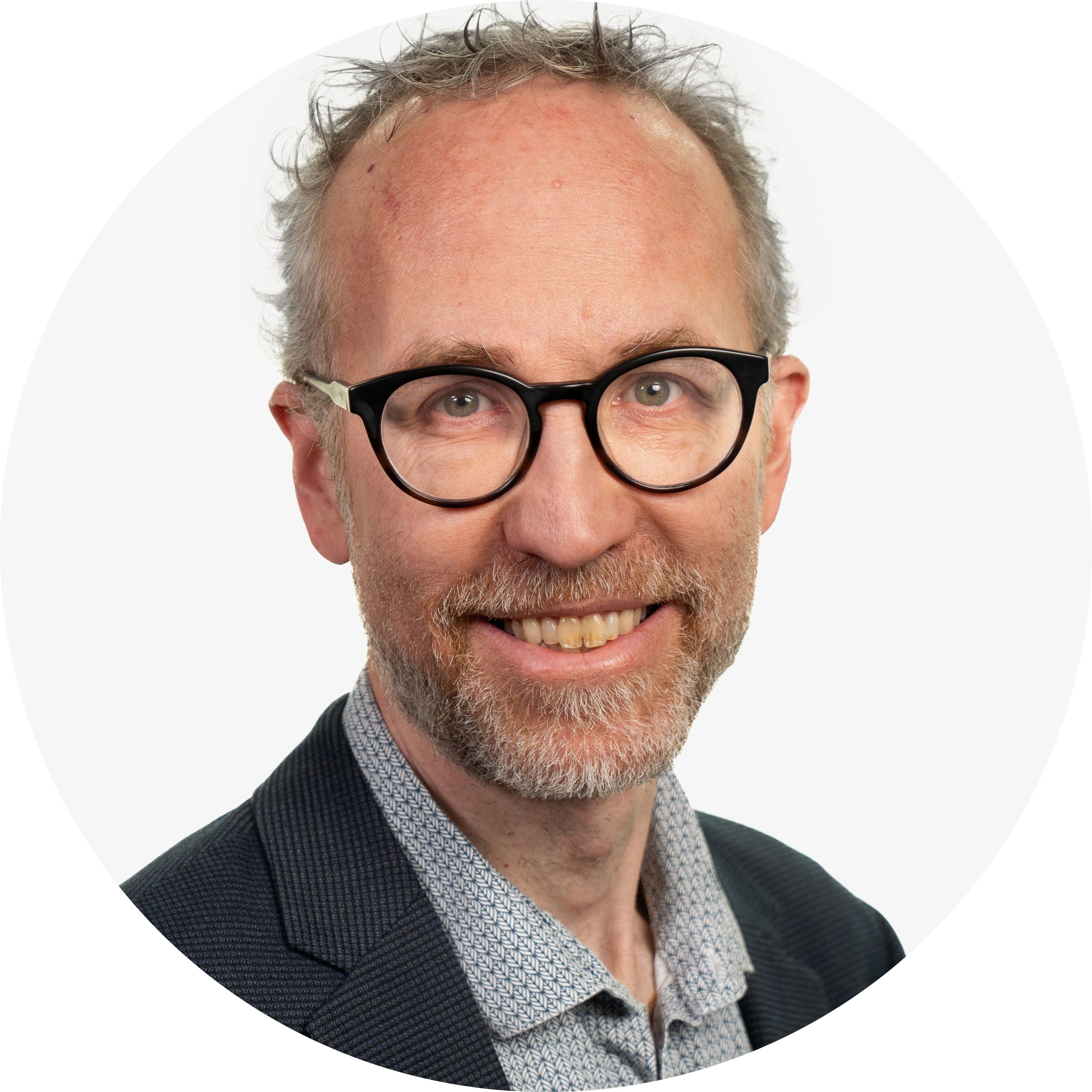
MATTIAS SÖDERBERG
Mattias is working as Chief advisor in the Danish NGO, DanChurchAid, and is Co-Chair of the Climate Justice Group of the global ACT Alliance. Coming from an organisation engaged in both humanitarian aid and long term development on the ground in a number of developing countries, he has followed the international climate debate for more than a decade. Mattias is an active voice in the debate about Loss and Damage, and has contributed to a number of related research initiatives.

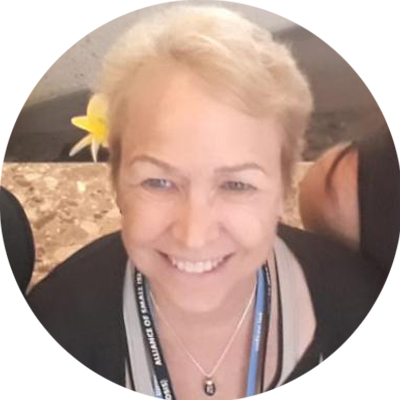
LINDA SIEGELE
Linda, JD LLM, is an environmental lawyer and independent consultant. She has been involved in the United Nations climate change negotiating process since 2005 with a special focus on the issues of adaptation and loss and damage associated with the adverse effects of climate change in developing countries. Linda is particularly familiar with the climate change concerns of small island developing states and least developed countries, having directly supported country delegations through the provision of relevant technical and strategic legal and policy advice. Linda has been a member of the WIM ExCom's Technical Expert Group on Comprehensive Risk Management since 2019.

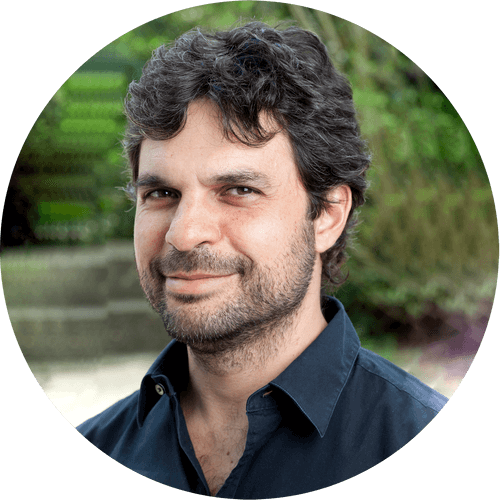
EDGAR FERNÁNDEZ FERNÁNDEZ
Edgar is an environmental and Earth System lawyer and researcher with vast experience in UNFCCC negotiations. Currently an independent consultant, Edgar has provided advice to Latin American and other developing countries on Loss and Damage and adaptation negotiations, including the operationalisation of the Santiago Network.

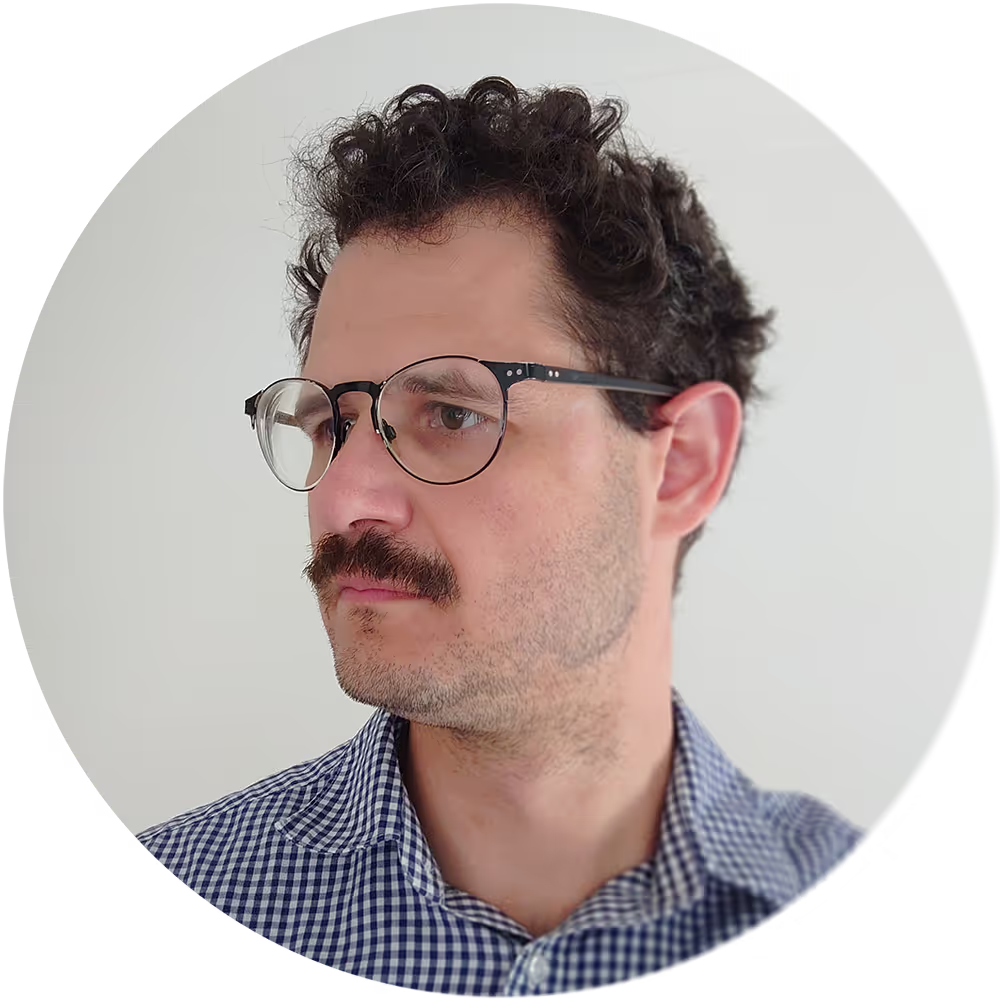
TEO ORMOND-SKEAPING
Teo (he/him) is an award winning artist, filmmaker and photographer working on projects relating to political ecology, Loss and Damage, climate-induced migration and displacement, Slow Violence and the political and cultural critique of the Anthropocene. Teo also works to coordinate the L&DC's Advocacy and Art and Culture programs and supports their communications work.


ADESSOU KOSSIVI
Kossivi is a dynamic and active leader on disaster risk reduction (DRR) and climate change with a very specific focus on loss and damage and early warnings. With a Master’s degree in International Environmental Law that focused on the Sendai Framework and Paris Agreement, he has developed expertise on DRR and climate change throughout his career. As both Climate Change Lead and Regional Lead for Africa with the Global Network of Civil Society Organisations for Disaster Reduction, he is well versed in leading and coordinating civil society organisations and networks. Kossivi has been instrumental in negotiating on behalf of the Government of Togo on Loss and Damage including on Santiago Network for Loss and Damage


Ineza Umuhoza Grace
Ineza is an Eco-Feminist impact-driven actor dedicated to the elevation of the frontline voices (developing countries, women, youth, children, marginalised communities) for their needs and concerns to be reflected in the global efforts for the protection of the planet and its people. In 2017, she founded The Green Protector, a Rwandan-based NGO In 2020, she co-founded the Loss and Damage Youth Coalition. Ineza is an environmental engineer from the National University of Rwanda, and from 2018, she has been engaged in the UNFCCC process with a primary focus on "loss and damage".

Project Outputs
2025
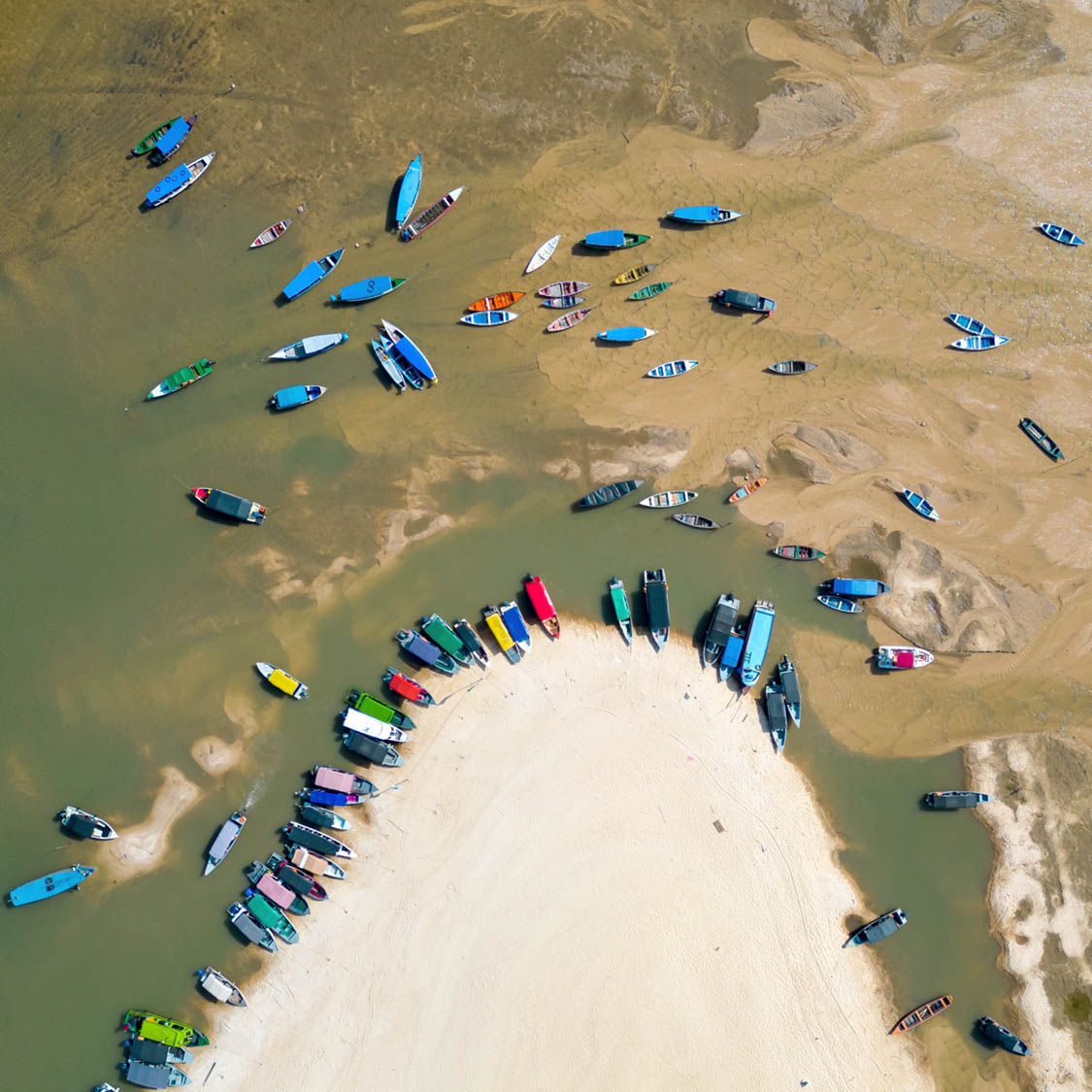
WHAT IS AT STAKE UNDER THE THIRD REVIEW OF THE WARSAW INTERNATIONAL MECHANISM FOR LOSS AND DAMAGE AT COP 30
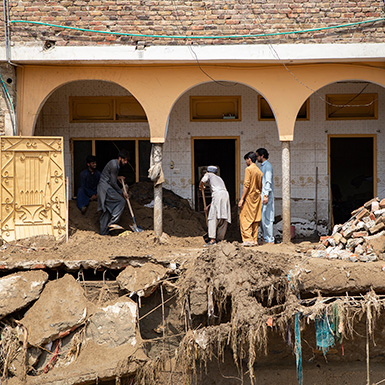
Daily policy updates for the twenty-third meeting of the Executive Committee (ExCom 23) of the Warsaw International Mechanism for Loss and Damage
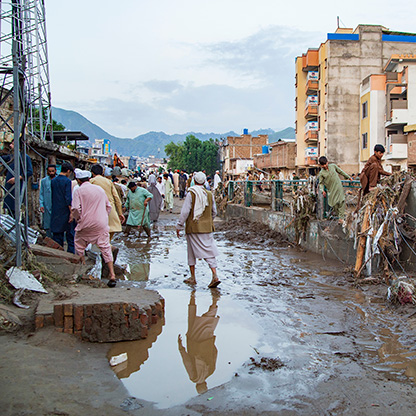
Key Messages for the Twenty-Third Meeting of the Executive Committee of the Warsaw International Mechanism for Loss and Damage

DAILY POLICY UPDATES FOR THE FIFTH MEETING OF THE ADVISORY BOARD OF THE SANTIAGO NETWORK FOR LOSS AND DAMAGE
%20(4).jpg)
KEY MESSAGES FOR THE FIFTH MEETING OF THE ADVISORY BOARD OF THE SANTIAGO NETWORK FOR LOSS AND DAMAGE

WHAT IS AT STAKE UNDER THE THIRD REVIEW OF THE WARSAW INTERNATIONAL MECHANISM FOR LOSS AND DAMAGE

DAILY POLICY UPDATES FOR THE TWENTY SECOND MEETING OF THE EXECUTIVE COMMITTEE OF THE WARSAW INTERNATIONAL MECHANISM FOR LOSS AND DAMAGE

Key Messages for the Twenty-Second Meeting of the Executive Committee of the Warsaw International Mechanism for Loss and Damage

A Practical Guide to Support Available under the UN Climate Change Regime to Respond to Loss and Damage

DAILY POLICY UPDATES FOR THE FOURTH MEETING OF THE ADVISORY BOARD OF SANTIAGO NETWORK FOR LOSS AND DAMAGE

KEY MESSAGES FOR THE FOURTH MEETING OF THE ADVISORY BOARD OF THE SANTIAGO NETWORK FOR LOSS AND DAMAGE
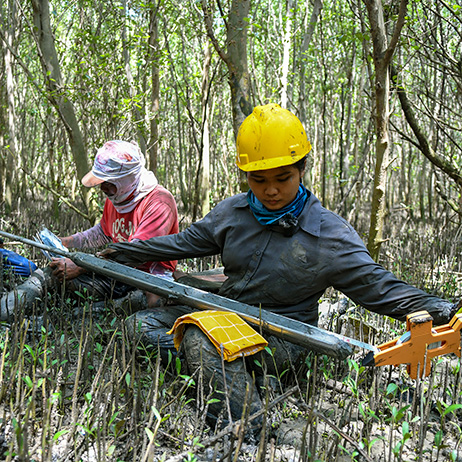






















.jpg)






